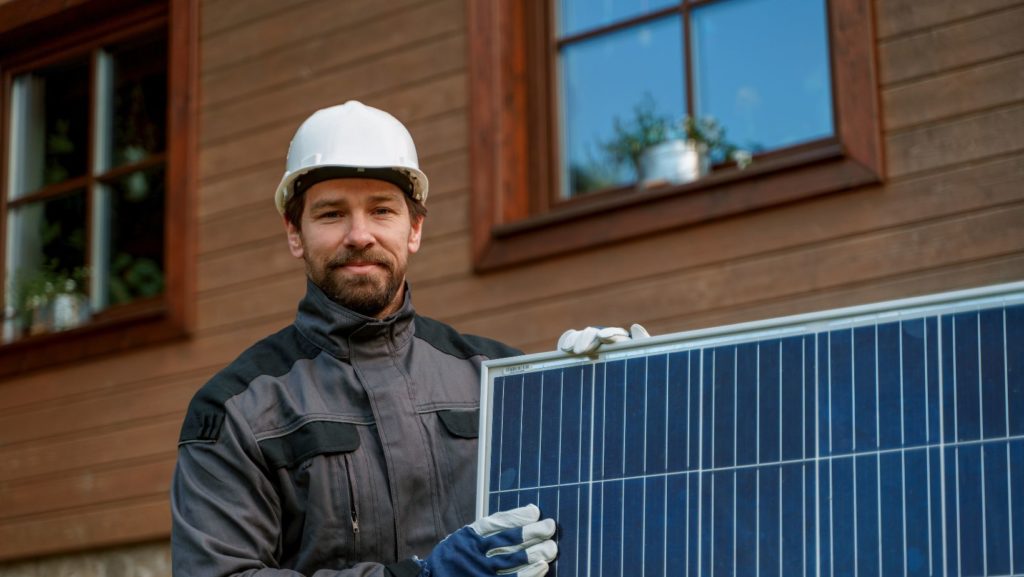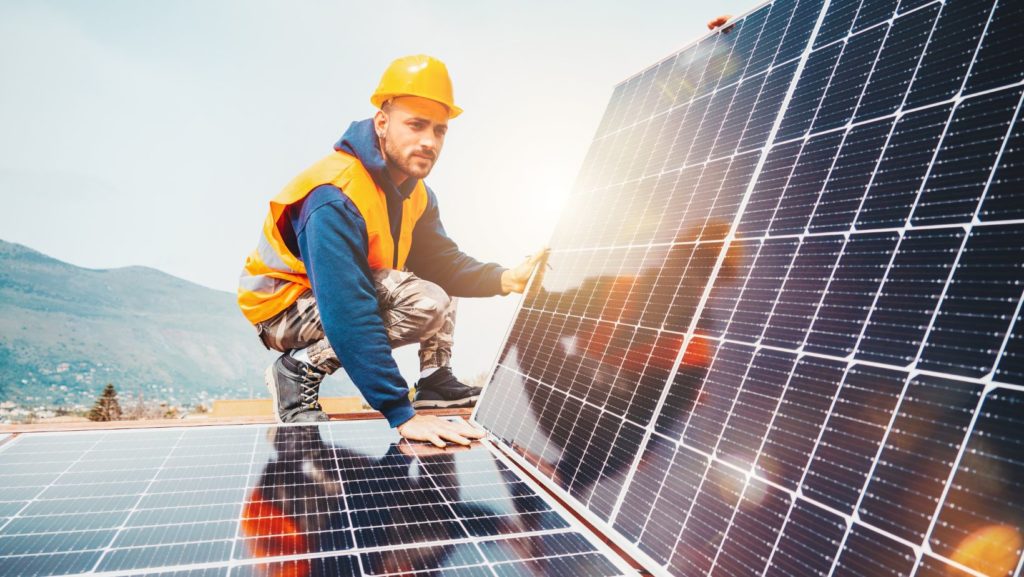In recent years, solar energy has surged in popularity as a sustainable and renewable energy source, significantly impacting how we think about power generation and consumption. With the growing concern over climate change and the urgent need to reduce carbon emissions, solar energy presents a viable solution. However, one size does not fit all when it comes to solar energy systems. Different properties, from residential homes to industrial facilities, have unique energy needs and constraints. This leads us to an important question: Can solar energy systems be customized to meet the specific requirements of different property types?
Customization of solar energy systems is not only possible but also essential for maximizing efficiency and achieving cost-effectiveness. Whether it’s a small home, a sprawling commercial complex, or an agricultural farm, each property type presents unique challenges and opportunities for solar installation. This blog post will explore how solar energy systems can be tailored to various property types, ensuring that every installation maximizes its potential benefits. From understanding the basic components of a solar energy system to examining case studies of successful custom installations, we’ll dive deep into the world of solar customization.
Understanding Solar Energy Systems

Solar energy systems comprise several key components, including solar panels, inverters, batteries, and mounting systems. These components work together to capture sunlight, convert it into electricity, and store or distribute it for use. Understanding these basics is crucial for anyone considering solar energy, as it lays the foundation for customizing a system to fit specific needs.
Customization plays a pivotal role in optimizing the performance of a solar energy system. By tailoring the system’s design to account for the property’s orientation, location, and energy consumption patterns, it’s possible to significantly enhance the efficiency of solar power generation. This means more electricity is produced at a lower cost, making solar an attractive option for a wide range of property owners.
Factors Influencing Solar System Customization
Several factors must be considered when customizing a solar energy system. Geographical location, for instance, affects the amount of sunlight a property receives, which in turn influences the size and type of system required. Similarly, the property’s size and type—be it residential, commercial, or industrial—dictate the system’s scale and complexity. Roof characteristics, including orientation, angle, and material, also play a critical role in system design.
Furthermore, energy needs vary greatly among different properties. A household’s energy consumption patterns differ from those of a business or industrial facility. Local regulations and incentives can further impact the feasibility and design of a solar energy system, making it crucial to consider these elements during the customization process.
Customization for Different Property Types
For residential properties, customization means designing a system that fits within the available roof space and meets the household’s energy consumption. This often involves selecting the right size and type of solar panels and considering battery storage options for energy use during non-sunlight hours.
Commercial properties, on the other hand, require a focus on maximizing return on investment (ROI) and meeting higher energy demands. This might involve installing larger solar arrays or incorporating advanced technologies like smart inverters to optimize energy production. Industrial facilities and agricultural uses present their own unique challenges, such as the need for massive energy outputs or systems that support specific operations like irrigation or crop drying.
The Process of Customizing a Solar Energy System
Customizing a solar energy system begins with a thorough site assessment and analysis of energy needs. This step is crucial for determining the most efficient system layout and selecting the appropriate components. Whether the installation is done by professionals or as a DIY project, understanding the property’s specific requirements is key to a successful solar energy setup.
Installation considerations, including timing, permits, and whether to hire professional installers, are also part of the customization process. Proper planning ensures that the system is installed smoothly and complies with local regulations. Post-installation, monitoring, and maintenance are important for maintaining the system’s efficiency over time, addressing any issues that may arise and making adjustments as necessary.
Benefits of Custom Solar Energy Systems
Custom solar energy systems offer significant cost savings on energy bills, making them an attractive investment for property owners. By generating their own electricity, property owners can reduce their reliance on the grid, leading to lower monthly expenses. Additionally, solar installations can increase a property’s value, making it more appealing to potential buyers or tenants.
The environmental benefits of custom solar energy systems cannot be overstated. By reducing a property’s carbon footprint and contributing to global sustainability efforts, solar energy users play a vital part in combatting climate change. This shift towards renewable energy sources also moves society closer to energy independence, reducing our reliance on fossil fuels and enhancing energy security.
Challenges and Considerations
Despite the many benefits, there are challenges to consider before installing a solar energy system. The initial cost can be high, though this is often offset by long-term savings and various incentives. Technological advancements may require system updates or replacements to maintain efficiency, representing an additional consideration for property owners.
Weather and environmental factors can impact system performance, necessitating careful planning and design to mitigate these effects. By addressing these challenges head-on and considering all aspects of customization, property owners can maximize the benefits of their solar energy systems.
Case Studies and Success Stories
Across the globe, there are countless success stories of customized solar energy systems delivering significant benefits for different property types. From residential homes that have slashed their energy bills to commercial properties that have achieved remarkable ROI, these case studies demonstrate the versatility and efficacy of solar energy. Agricultural operations have also seen improvements in efficiency and cost savings, showcasing the broad applicability of solar technology.
These testimonials not only highlight the technical achievements but also underscore the positive environmental impact of adopting renewable energy. By sharing these stories, we can inspire more property owners to consider solar energy as a viable and beneficial option.
The customization of solar energy systems is a game-changer for property owners across different sectors. By tailoring systems to meet specific needs, it’s possible to maximize efficiency, reduce costs, and contribute to a more sustainable future. As we’ve explored, the process of customization considers various factors, from geographical location to property type, ensuring that every solar energy system is as effective as possible.
If you’re considering solar energy for your property, consulting with experts is a crucial first step. Advosy Energy specializes in custom solar energy solutions, offering professional advice and installation services to meet your unique needs. By partnering with experienced professionals, you can navigate the complexities of solar energy customization and achieve the best possible outcomes for your property.

